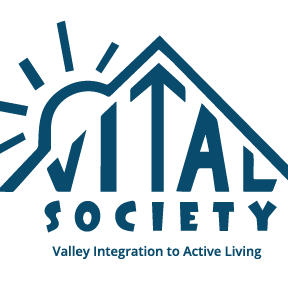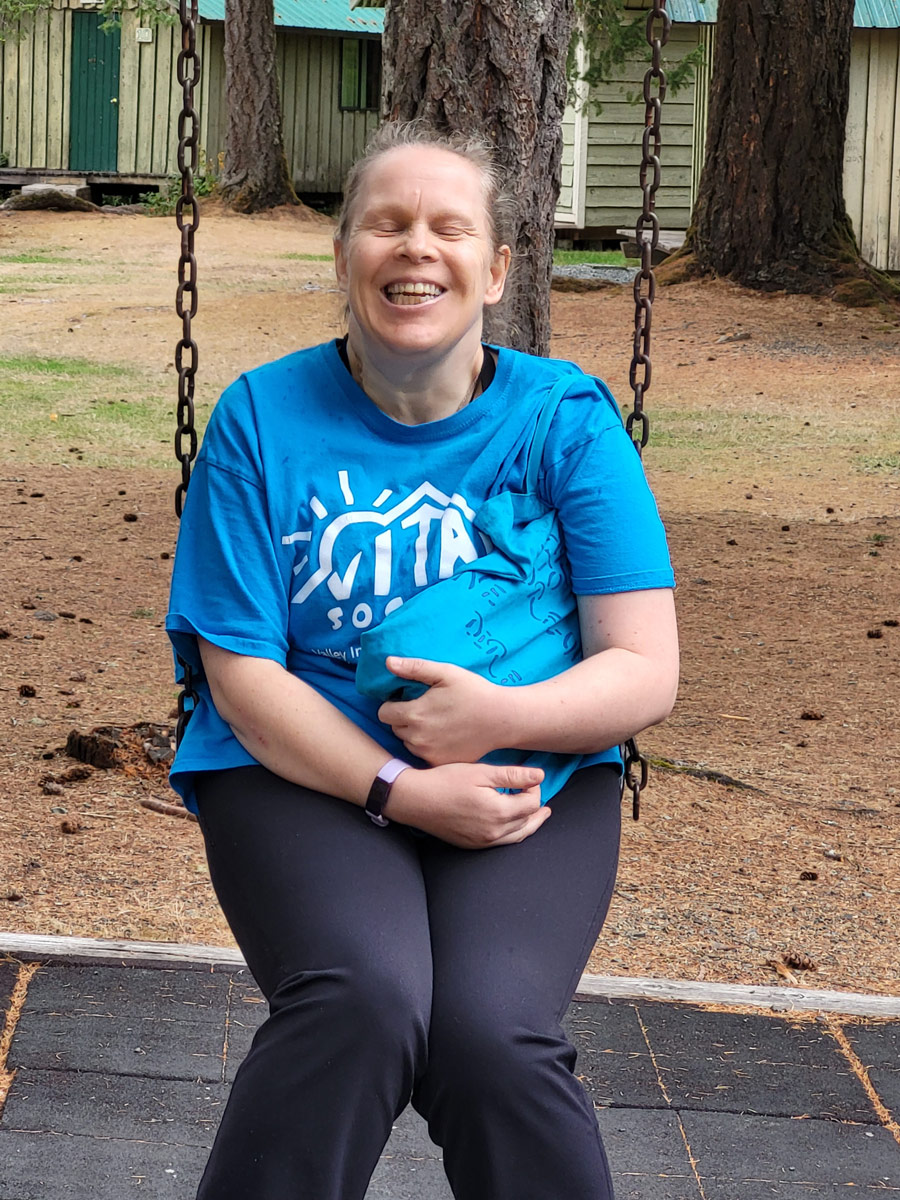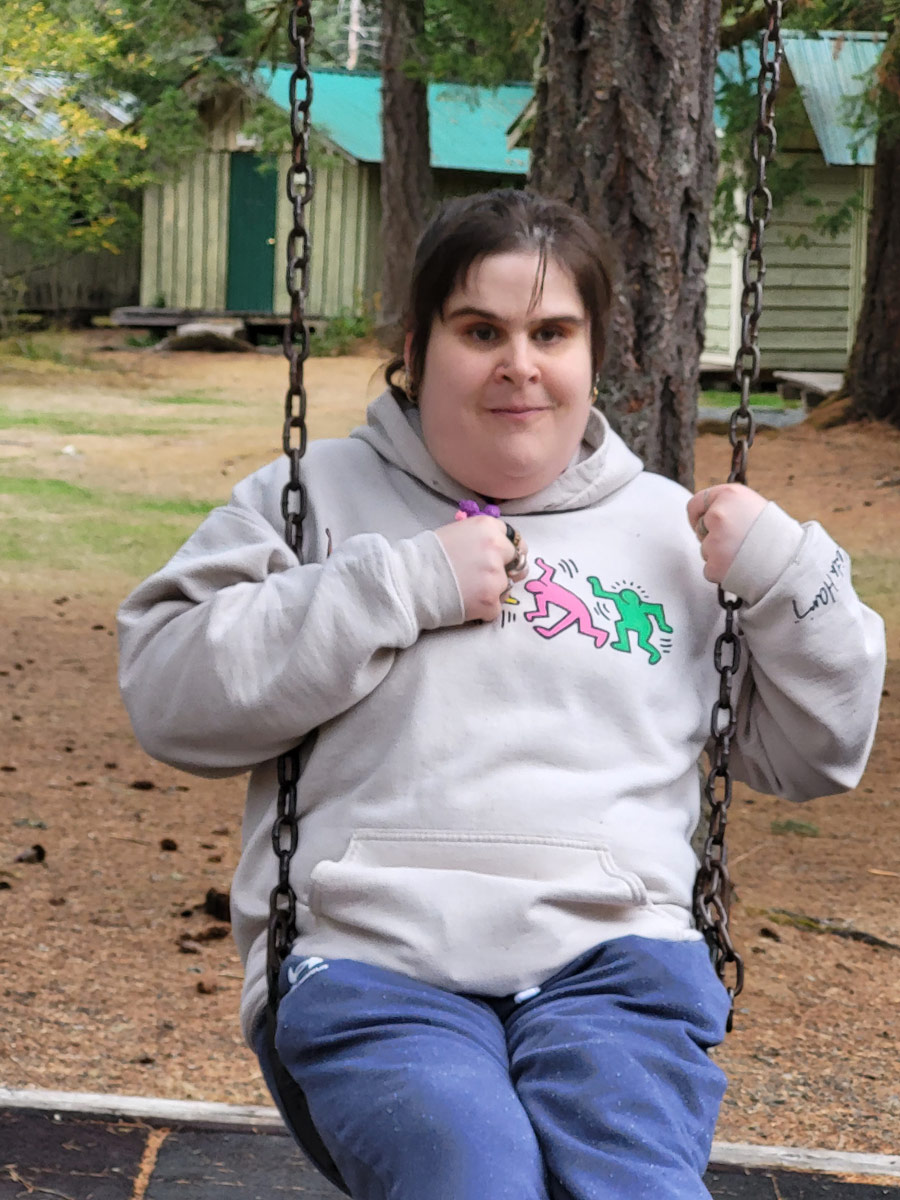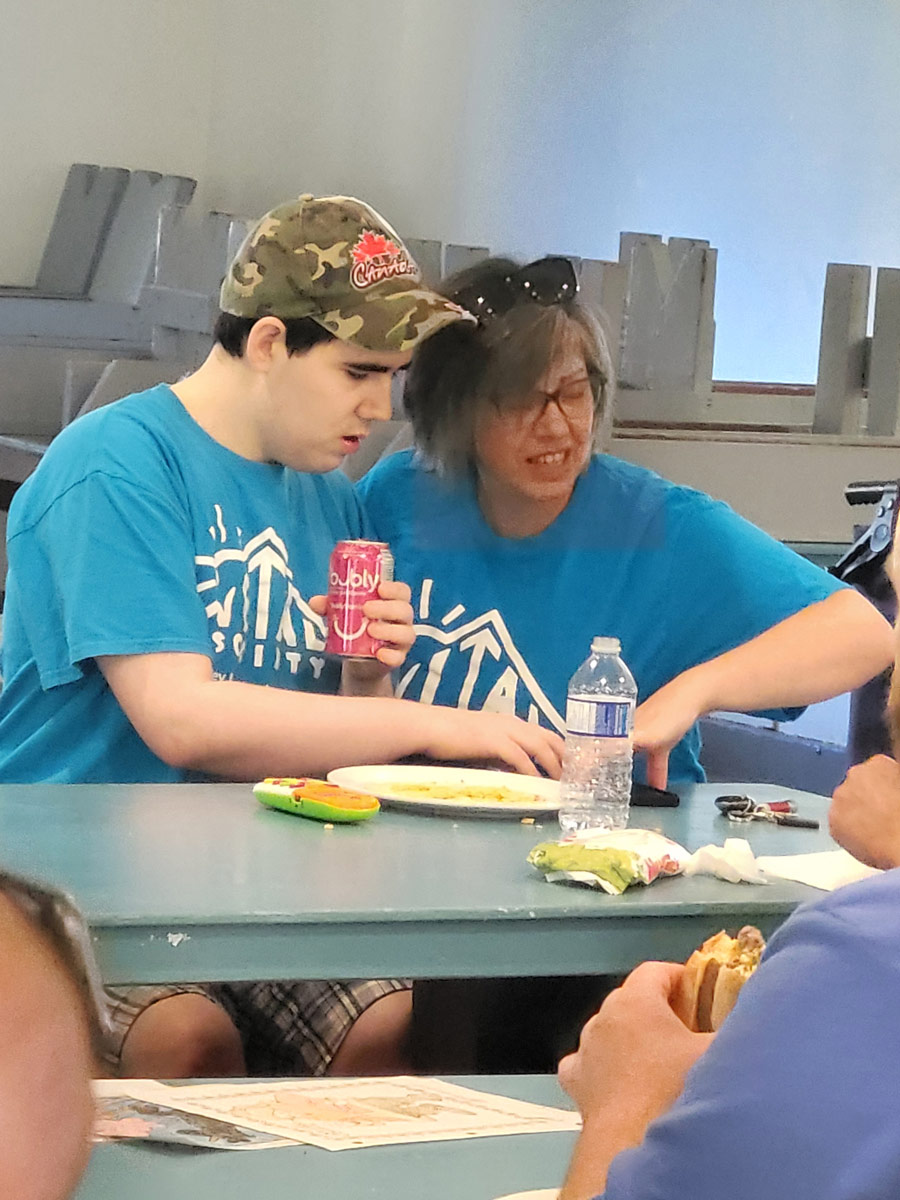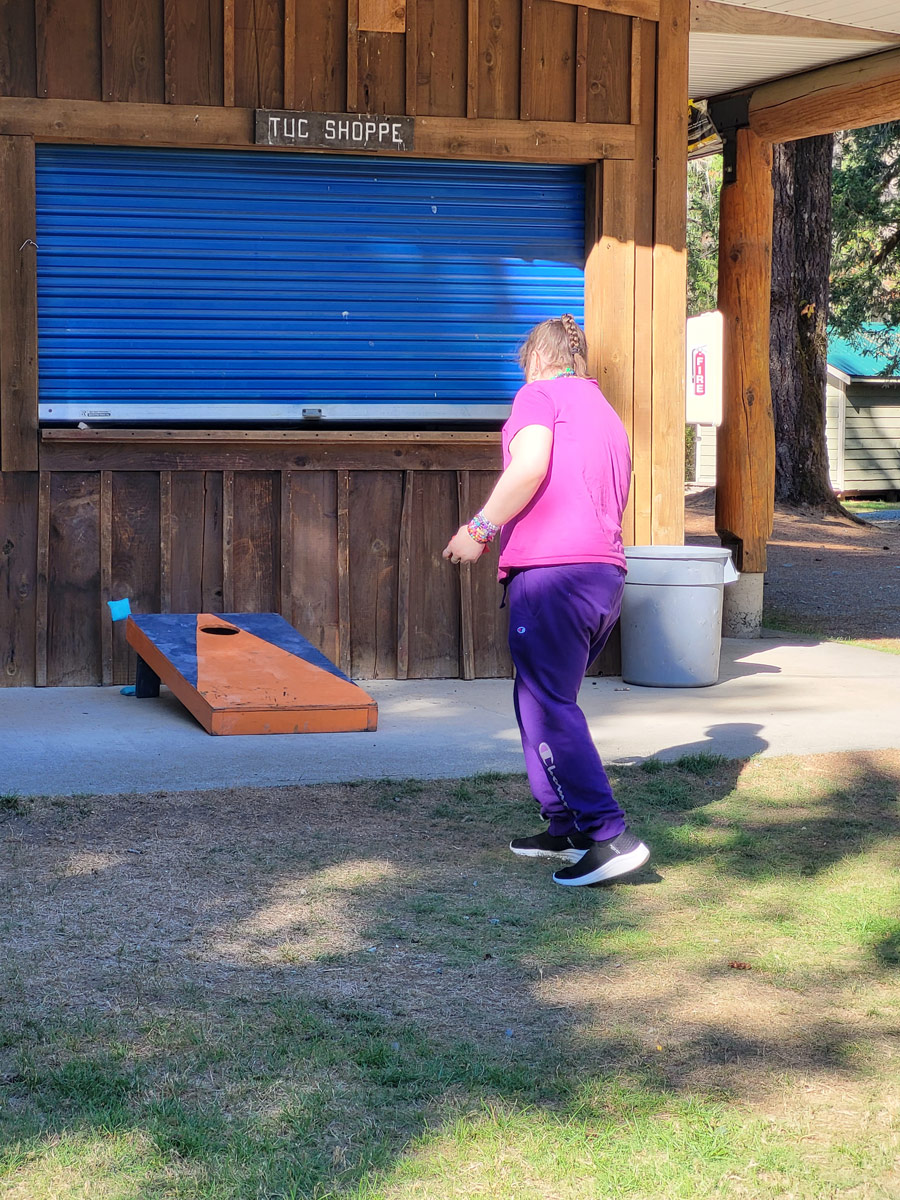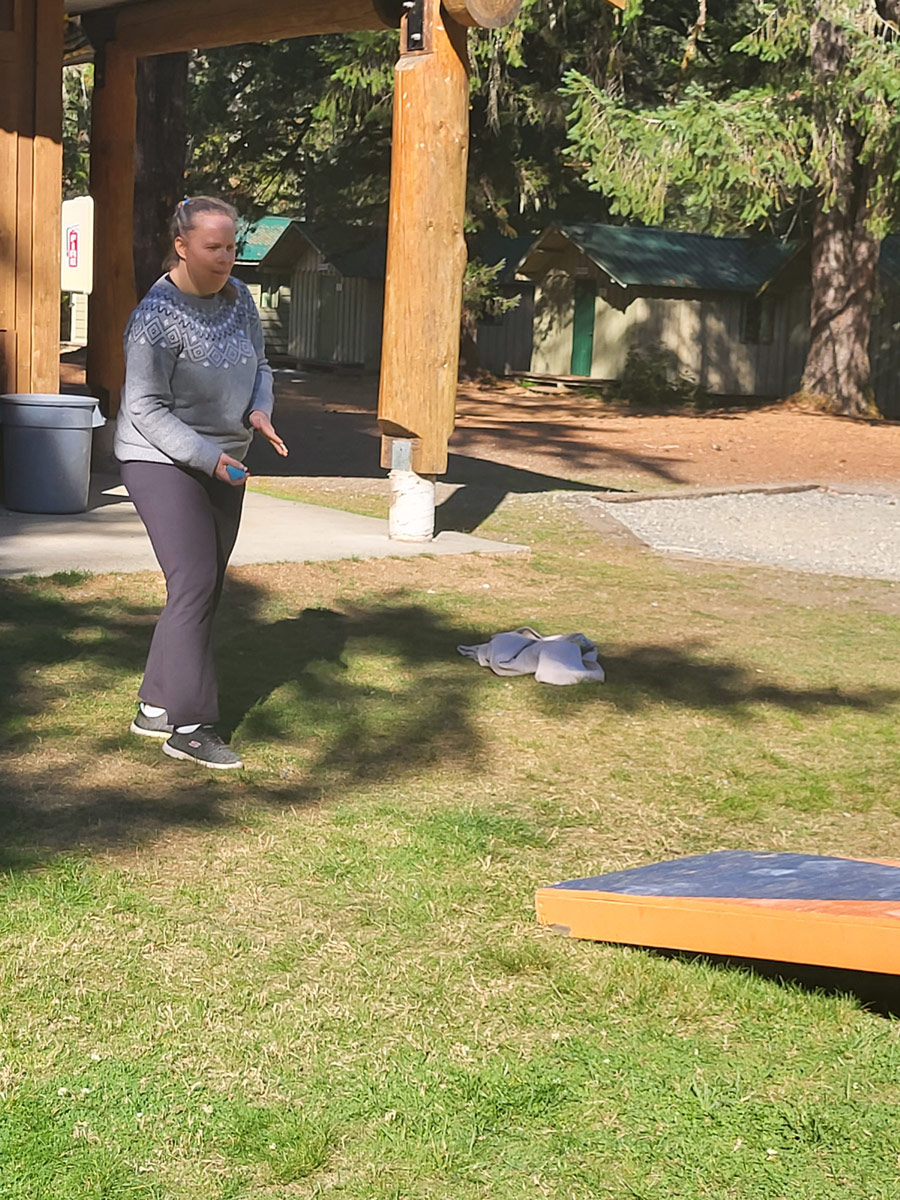About Vital Society
Vitals helps individuals at any stage in their life
About Vital Society
Valley Integration to Active Living Society provides services to those living in our community with developmental and physical disabilities, or other complex barriers. We offer our individuals a chance to integrate and immerse themselves in our local community while teaching them skills to help them grow in their everyday lives. We currently have over 60 individuals that we support, with a strong team of over 100 employees, including community and residential support workers. We have both individuals and employees who have been with us for over 20 years. We work closely with outside behavioural consultants, social workers, and specialists, to provide any level of support needed by our individuals.
Our society has a total of three programs:
Staffed Residences
Home-Sharing
Community Inclusion
Vitals helps individuals at any stage in their life. As a person-served organization, we advocate for our clients rights and encourage our individuals to be as independent as possible. We are an organization that is committed to supporting our individuals in becoming active participants in their own community, and in all aspects of their life.
Quality Assurance & Accreditation
Our structure for ongoing evaluation and development in our organization’s programs, services and business support functions Vital Society strives for continual growth and development in all aspects in our society. To do so, ongoing evaluation in all areas is necessary to ensure that we can meet standards and analyze our results. To aid in this process, the Quality Assurance Coordinator position has been created. The role of this position entails ongoing audits in the society, to ensure that standards in relation to policies, procedures, regulations, funders (CLBC & MCFD), licensing (VIHA), and our accreditor (CARF) is both met and maintained. This role allows for standards to be met consistently and ongoing education in each of these areas to be shared with all members in the society.
CARF Accreditation
CARF accreditation is a public seal of trust and commitment to quality based on internationally accepted standards. This level of care is one that Vital Society strives for, to ensure that our Persons Served receive care that will enrich and empower their lives.
“CARF accreditation signals a service provider’s commitment to continually improving services, encouraging feedback, and serving the community.” – CARF International
Vital Society has been awarded the highest level of accreditation by CARF International for the following programs:
Community Housing - Residential services
We help find residential service for individuals who require support to live successfully in their communities.
Host Family/ Shared Living - Home Sharing services
A living situation in which an adult eligible for CLBC supports shares a home with a person contracted to provide support and assistance to them.
Community Integration – Community Inclusion services
Our community inclusion programs offer supports to individuals to participate in a variety of recreational, fitness, leisure, and educational activities.
“Providers that meet our standards have demonstrated their commitment to being among the best available” – CARF International
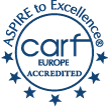
The key responsibilities of the Quality Assurance role include:
- All staffed residential homes
- Home Share
- Community Inclusion
- Governance
- Leadership
- Administration/HR
- Finance
Visit CARF for more information.
Our History
Valley Integration to Active Living Society (V.I.T.A.L. Society) is a not-for-profit organization based on a model designed between 1989 and 1991. This model provided support to dual-diagnosis clients with challenging behaviours who had experienced difficulty living in their communities. Some of our residents experienced difficulty with legal/correctional systems. Their dual diagnosis resulted in attempted treatment in a variety of settings that had produced little effect.
Service providers with conventional service models were unwilling to continue to support them, resulting in residents spending most of their time in institutions such as Glendale Lodge and Riverview Hospital. With the closure of institutions, there was a need for alternate care models to provide a stable community placement for these individuals.
The Ministry of Social Services and Housing, with some hesitation, accepted the idea of trying the model on an experimental basis. A contract was signed and a Board of Directors was established to operate the Society.
